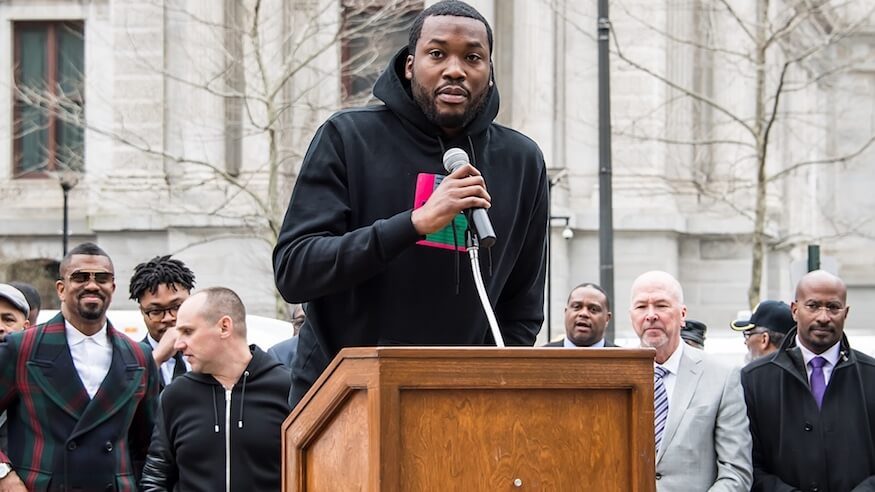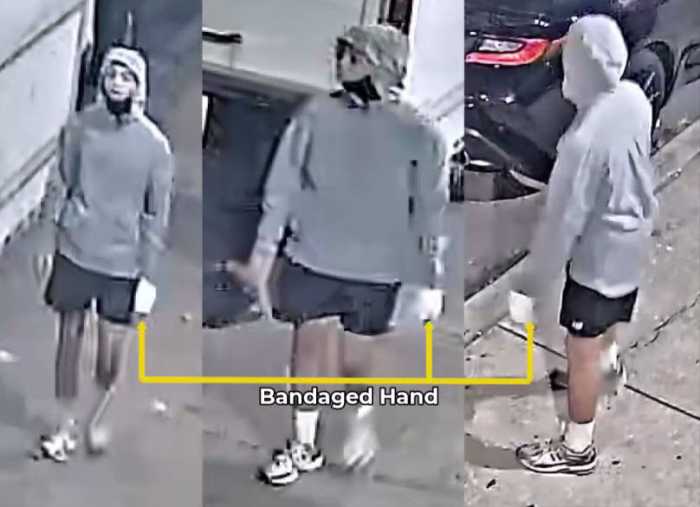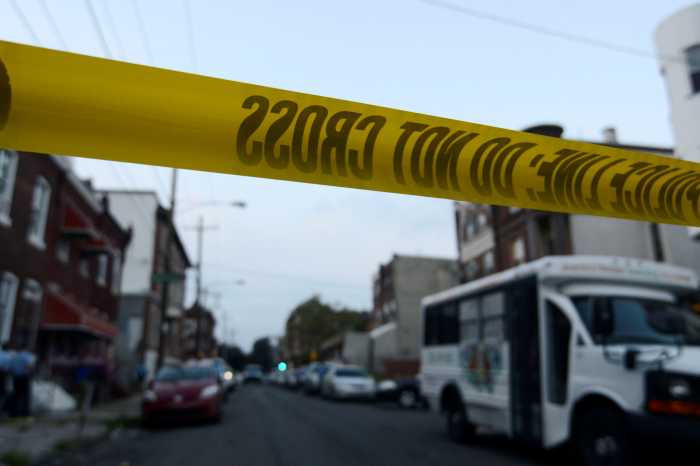When Meghan Ross walked into a Philadelphia courtroom one spring afternoon in 2014, she was a broken addict who was 80 pounds underweight and desperate. Ross was arrested for felony possession of crack and was clearly in need of help – instead, she was sentenced to three years of supervised probation. Her wellbeing was never discussed, nor was drug rehabilitation.
“My judge looked at me like just another junkie,” said Ross, now six years sober and an outreach worker. “It was obvious I was sick and needed treatment, not probation.”
Ross left the courthouse that day and went straight back to Kensington to buy dope, and never reported to her probation officer. She was eventually caught and resentenced by Anne Marie Coyle to two years in prison. After serving 14 months, the young mother was released and given nine additional years on probation.
Sadly, this is a typical outcome in the city of Philadelphia and across the nation. Excessive probation for nonviolent offenses, imprisonment for technical violations like breaking curfew, and indefinite supervision for unpaid fines are all common practices in the criminal justice system.
But that could change now because of state legislation that has bipartisan support.
The legislation, Senate Bill 838, limits arbitrary incarceration for minor technical violations, expands the path to early termination of probation, and incentivizes work and education through programs designed to help justice-involved citizens.
The bill was co-sponsored by Pennsylvania State Sen. Lisa Baker (R) and backed by Reform Alliance, a national organization co-founded by Philadelphia-born rapper Meek Mill, that focuses on changing supervision laws to end the probation to prison pipeline.
“If a guy went to jail for three months for a technical violation for smoking marijuana or showing up to see his probation officer late, how do you recover from you know, losing your job, your house, your children?” the Grammy-award winning Mill said. “When I was on probation I lost everything I had ever worked for and it was all because of minor things. It has to be changed to help families in the city and the country.”
Probation and parole are meant to be an opportunity for a person to get help and become a productive member of society, but instead it often leads to a vicious cycle of incarceration and poverty.
CHANGING THE PATTERN
In 2021, an estimated 3,745,000 adults were under community supervision (probation or parole) in the US, according to the Bureau of Justice. That’s 1 in 69 Americans, and many of those citizens were sent to prison for non-criminal violations.
Pennsylvania has the fifth highest population under supervision in the United States, and more Pennsylvanians enter state prisons for probation violations than for new crimes. Furthermore, a recent study by the Pennsylvania Commission on Sentencing found that almost 88% of probation revocations involved a technical violation, with many individuals sentenced to prison or an extended term of probation without ever committing a new crime.
SB 838 could change that pattern and was strongly supported by Reform Alliance and a large union of stakeholders, including the Pennsylvania Safety Coalition and over 100 other groups. But despite the bill having bipartisan sponsorship, last week Republicans in the House of Representatives decided not to vote on probation reform until a quid pro quo is accepted.
“People hold sharply differing views about criminal justice issues, and this is further complicated by recent political disputes over the function of courts, prosecutors, and law enforcement officials,” said Sen. Baker. “So the challenge is really one of reconciling these colliding points of view into a coherent piece of legislation that is constitutional and does not adversely impact budgets.”
Adding to the difficulties of passing the bill through state congress is opposition from other criminal justice reform advocates.
The American Civil Liberties Union, for example, has described the bill as overly complicated. As reported in Penn Live, the bill’s language limiting when a person can go to prison for a technical probation violation includes numerous exceptions, “which would give judges more grounds to jail someone for minor violations, not fewer,” said Veronica Miller, counsel for the ACLU of PA. “It doesn’t really reduce the instance of people being found in violation.”
However counterproductive the bill’s etymology may appear, most agree that something has to be done about the broken probation system in Philadelphia.
A report from 2020 shows there were about 11,352 people on active probation in Philadelphia County. While best practices recommend no more than 50 cases for each probation officer, the average probation officer caseload in Philly is 121 cases per officer. These heavy caseloads make it nearly impossible for a probation officer to do more than paperwork.
PROVIDING HOPE
In 2019, after receiving a four-year prison sentence for popping a wheelie on his ATV while on probation, and following the #FreeMeekMill movement, Mill and his co-founders realized they needed an organization that could transform probation and parole by changing laws and culture to create real pathways to work and wellbeing.
“I started out with 5 years of probation and ended up with 18 years because she [the judge] just kept adding time onto it,” Mill said. “I hope that has to be nobody else’s path, but I didn’t let it bother me. I think Reform Alliance gives people a chance to hope and a chance to know that when you get caught in the system, that’s not the end of your life if you made a mistake.”
“I decided to use my time, my platform and my energy to speak for people who don’t have a voice,” Mill added. “and, you know, I could be sitting in jail doing a two-to-four year sentence, maybe playing ping pong or chess, but instead I’m hiring people. I’m giving back to my community.”
Since its inception, Reform Alliance has spearheaded 16 other probation reform bills in 10 states during the last five years.
Reform Alliance and a coalition of other groups in Pennsylvania hope that by changing probation laws, they can change the system. SB 838, if passed, can stop the practice of zero-tolerance that feeds mass incarceration while simultaneously increasing the safety of community members.
“Probation and parole reform is a public safety solution,” said Robert Rooks, CEO of Reform Alliance. “If we reform the system and help the tens of thousands of Pennsylvanians on probation succeed, it will have an enormous value to society by strengthening public safety and community stability, avoiding unnecessary taxpayer costs, and benefiting employers and consumers.”
CREATING OPPORTUNITIES
Imprisoning citizens for non-law-breaking offenses is still a common practice – technical violations like being late to a meeting or driving without a license can result in long prison sentences, which separates families and costs taxpayers billions nationwide. By passing legislation in Pennsylvania that creates pathways out of the system and opportunities for people to achieve stability, it creates a foundation for stronger and safer communities.
Meghan Ross got clean inside and never failed a drug urinalysis, paid her supervision fees, and became a productive member of her community despite not being helped; nevertheless, Judge Coyle refused early termination of probation for five years in a row, choosing instead to have taxpayers carry the burden while Ross was unable to move on with her new life.
The case of this single mother and others like her are examples of a criminal justice system that is overly punitive and ineffective; SB 838 would change that and allow for a path to success, not a repetitive cycle of harm.
As Mill told CNN recently: “If somebody like me who’s doing so good – not involved in crime, I employ people, I pay taxes – if probation can stomp me down and bring me back to prison without committing a crime…what can it do to these other kids that are trapped in these environments surrounded by crime and violence? They don’t stand a chance.”





























